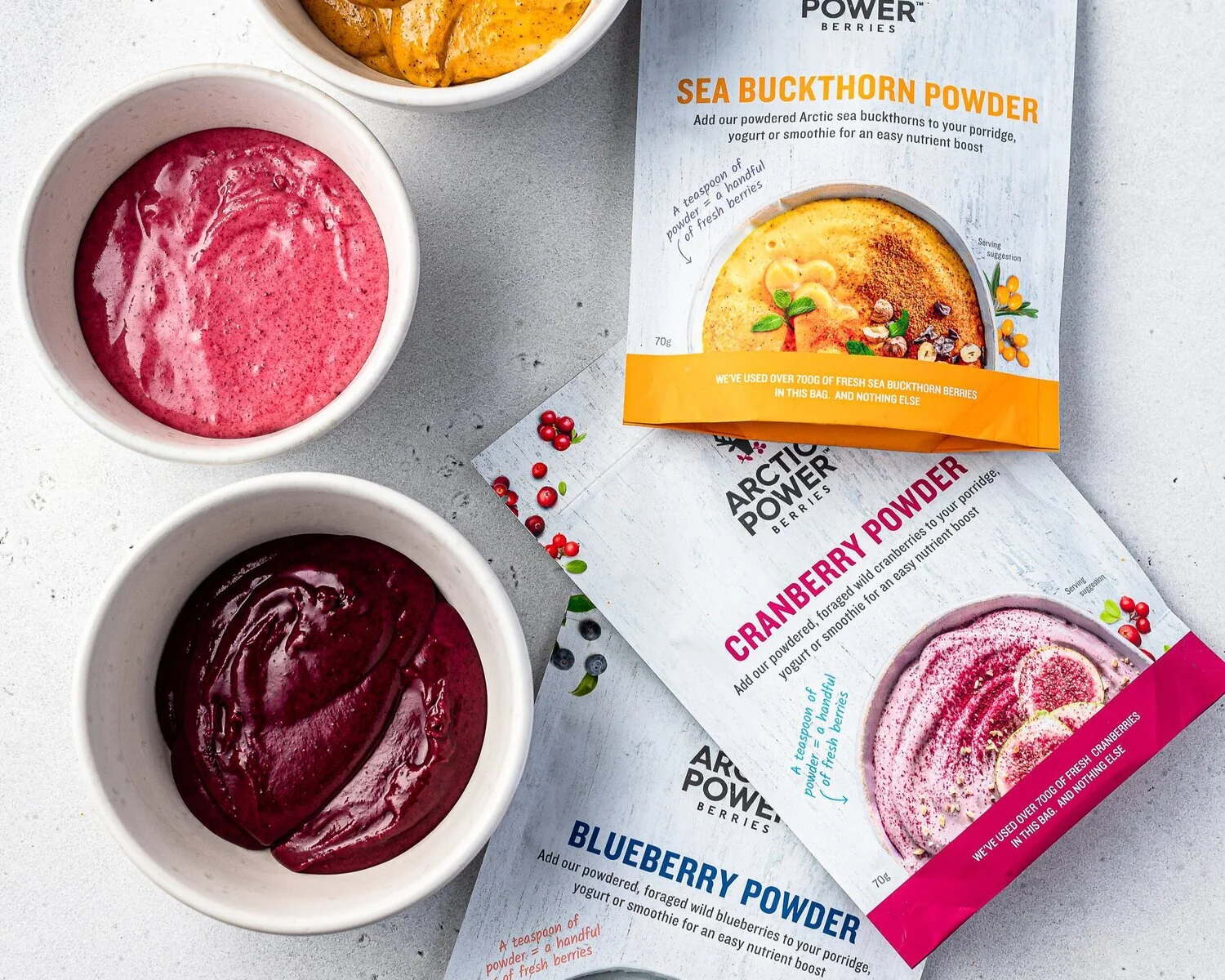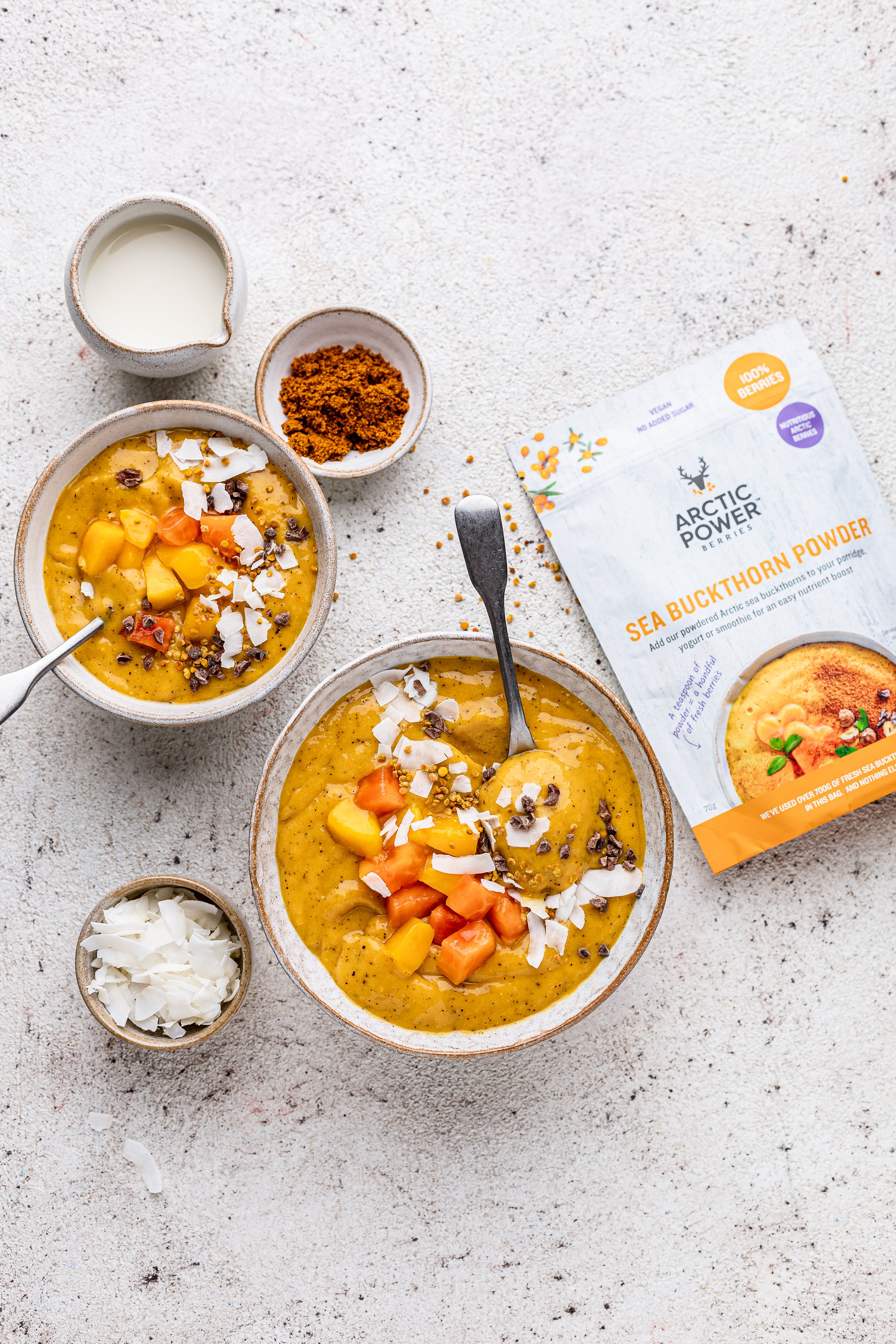Our Nutritionist covers: How to boost your immunity system
During times of uncertainty and upheaval from our normal routines, it’s okay and completely normal to feel helpless and anxious. All of it can feel too much to handle – and everything feels out of our control. A lot of this is in fact out of our control but we can, once we have recovered from the shock, take back control over the things that we can impact. Just some of these things are mindset, physical activity and the fuel we load our bodies with. Another bit of good news is that there are things you can do to boost your immune system, so that it can better fight off any offending intruders.
Focus on optimal health
By making sure you eat well, avoid foods that are high in sugar, saturated fat, salt and processed ingredients as well as drinking enough fluids, you can boost your immunity but it can also help you lose some weight (which also helps your immunity).
If we eat lots of unprocessed, plantbased foods that contain high levels of nutrients and fibre, we’re more likely to have a strong immune system that can stop intruders before they make us sick. Optimising your nutritional balance and reaching status quo with your body and mind help you get ahead of the game. In times like these, it’s crucial to focus on what’s in our control and let go of what we can’t change. Let’s face it, we can choose how we feed our bodies (and our families), but we can’t change the fact that we need to stay home for at least 3 weeks and only have access to limited resources in the grocery stores.
What we can control is that we make the most of the resources we have and don’t succumb to thinking with a ‘scarcity mindset’ that can lead to just waiting till things improve – which might mean weeks of eating poorly because you want to first see how things pan out.
Don’t wait, start now!
Eat the rainbow
Eating the rainbow every day and aiming to choose many different fruits and vegetables, at least 5 portions a day but better still if you can get to 8. Not only will this help your immune system get as strong as it possibly can, but you will also feel energised because you’re consuming lots of gut-friendly fibre and a whole lot of other nourishing nutrients.
Given the situation, we’re faced with limited resources and empty shelves in some supermarkets and online deliveries are hard to come by. This doesn’t mean we’re running out of food. It only means that we need to get creative and stop running with our typical routines and usual meal choices – think outside the box.If you can’t get hold of fresh fruits and berries, use powdered, dried or frozen. These are packed with the same goodness, but keep for longer and are very versatile.
Choosing the ‘less popular’ vegetables in the shops means that you won’t run out of new foods to try – stepping outside your comfort zone by buying a whole cabbage or swede and looking up recipes to experiment with will make this time less of a ‘chore’ and more of a positive challenge.
By staying home, we have a huge power in our hands – we are physically and concretely slowing down the spread of this virus and giving the incredible people who work on the frontline a better position in terms of taking care of the ones who need support and care. We all have a part to play in this fight and I say, let’s stay home and nourish our bodies and minds with positive things and ingredients – instead of fear and uncertainty.
Immunity Booster tips
Eat loads of fruit and vegetables
Ensuring your diet is made up of lots of vegetables, fruits and berries and you are varying your meals, will strengthen your immune system and help to fight off viruses. Fruit and vegetables provide anti-inflammatory antioxidants, as well as key nutrients that are known to help the immune system function (incl. vitamin A and vitamin C).Wild berries have high levels of antioxidants.
Take care of your microbiome
Many people know that probiotic supplements and fermented foods can benefit our digestion, but many don’t realise how good they can be at supporting the immune system. Of which, over 70% of resides in the lining of the gut and is sustained by a diverse group of bacteria. Probiotic foods can really boost your micro-biome and help support your immune system. Probiotics have been shown to significantly shorten common colds and reduce the severity of symptoms.
Stay active
To have a fit immune system, you need to be physically fit. Mobilise your white blood cells through exercise, by increasing your blood flow, they can better get to work around your whole body. Any exercise and activity is better than nothing, so start small and build it up slowly. Now is the best possible time to do that – everything else is on pause. Exercising and eating well will most likely help you sleep better as well, as a tired body is more susceptible to viral infections.
Berries are loaded with beneficial nutrients, antioxidants and vitamins.
Eat to support immunity
The lifestyle advice is part of being healthy and balanced but to ensure your immune system is optimised to be fighting fit, load up on these nutrients:
Vitamin C
It’s a powerful antioxidant, which supports the body’s ability to fight infection. We know that vitamin C shortens the duration of the common cold. Good food sources: citrus fruits, berries, berry powder and green vegetables, kiwi fruit and bell peppers.
Vitamin D
It’s an important nutrient for overall health, and studies have shown that people low in this vital vitamin are at a greater risk of infection, including those of the upper respiratory system. In the winter months, low levels of sunlight mean we need to obtain vitamin D from our diets or through supplementation. Plant sources: sun-exposed mushrooms, fortified foods such as vegetable spreads, breakfast cereals and plant-based dairy alternatives. All individuals in the UK are recommended to take a supplement of 400IU or 10 mcg every day during the winter period.
Selenium
It plays a key role in the functioning of the immune system. Deficiency seems to speed up the rate that viruses can mutate. To ensure your body has healthy selenium stores, be sure to include foods like brazil nuts, oats and sunflower seed. Plant sources: grains, such as brown rice and oats, lentils and beans, seeds (like sunflower) and nuts (Brazil nuts are the richest source).
Zinc
It plays an important role in the function and creation of various immune cells. Even mild deficiency can have a negative impact on the immune system’s ability to deal with infection. The body isn’t very efficient at storing zinc, so it’s crucial that your daily diet supplies plenty of this immune-boosting mineral. Plant sources: grains, such as oats, beans (such as chickpeas), lentils and peas, nuts, such as almonds and cashews, seeds (such as pumpkin & sesame seeds), and fermented soya such as tempeh and miso.
Vitamin A
A few immune system functions rely on vitamin A. Deficiency is known to impair the innate immune system. Vitamin A also controls some genes that are involved in immune function. It’s found in the diet in two forms: beta-carotene (found in red, yellow and orange plant foods) and retinol, or ‘active vitamin A’ (found in high-fat animal foods).
This list of things may seem long – but that’s only good news! As it means that we can do so much about the state of our wellbeing while we wait for things to settle down – which they will, eventually. No one knows whether that’s in 3 weeks or 3 months, but we know that life will go back to a new kind of normal – and we’re in the lucky position now, that we get to determine what this new kind of normal looks like.
Now more than ever, looking after our nutritional balance and healthy immune system should be a top priority for each and every one of us.




